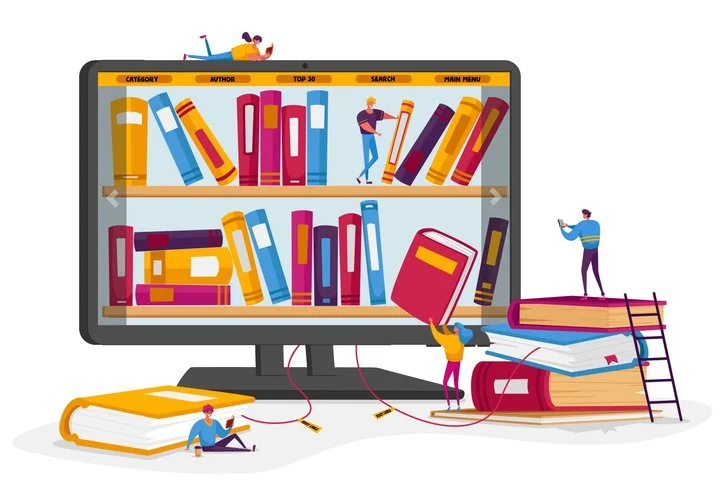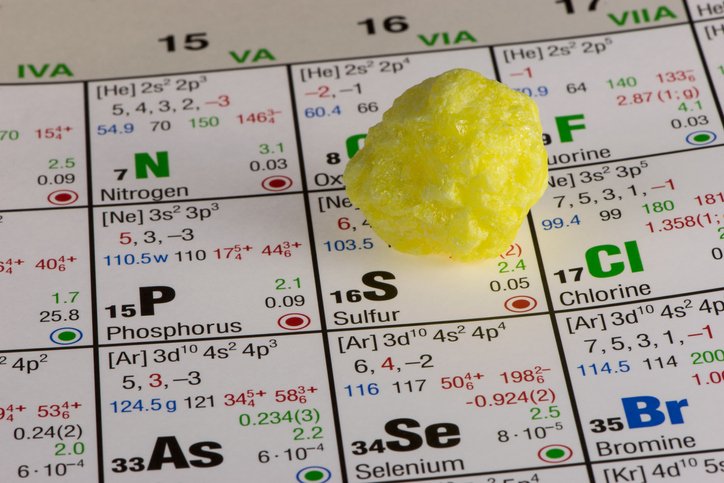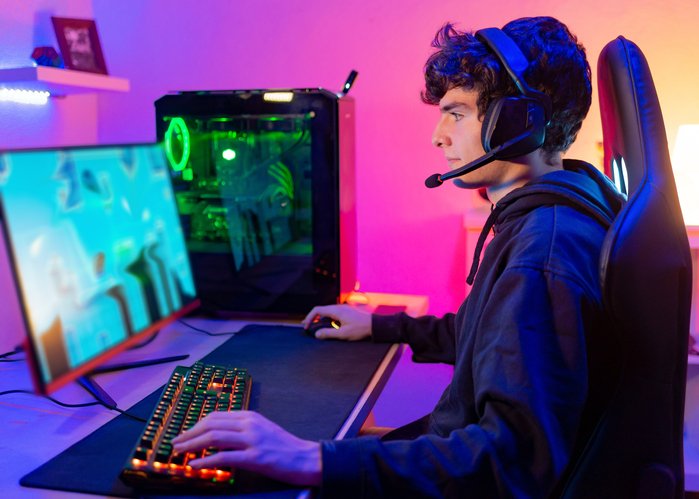Empathy is an essential social skill. It is more important to interact assertively with others to achieve success than to compete with them.
Our society faces diverse challenges, from ecological and environmental problems that could wipe out virtually all the species that inhabit this planet, including ours, to those issues related to the mental and psychological health of people, causing discomfort and even death as in the cases of depression and suicide. Never before have we citizens had to be so informed about what is going on around us. However, being able to access all the information we have with a simple click, we prefer, paradoxically, to ignore everything.
“Empathy is the ability to comprehend the feelings and emotions of others, based on the recognition of the other as similar.”
– Lopez, Filippetti, and Richaud (2014) –
Empathy is an indispensable social skill in today’s world, so the theory of multiple intelligences states. It is more important to interact assertively with others to achieve success than to compete with them. Educational institutions, for example, are a space where we can propose with high rigor and clarity ideas and actions that help us overcome the challenges described above and those that are coming to present themselves.
The scholarly debate is a very enriching activity that promotes in students essential skills, such as critical thinking, communication skills, problem-solving, the ability to research and synthesize reliable academic sources, and to develop empathy by listening, understanding, and sharing with others different arguments and points of view. In other words, by “putting yourself in each other’s shoes.”
Academic debates allow us to develop epistemological and ethical analyses about a topic or concept. Epistemology studies the criteria of a discipline’s truth, that is, why is it true and also in the light of what arguments (Piaget, 1986); while ethics is a kind of knowledge that tries to build itself rationally, using conceptual rigor and methods of analysis and explanations about moral issues (Cortina, 2008). According to authors such as Gooch (2017:14), we live in the post-truth era, and this can be defined as “a circumstance in which objective facts are less influential in public opinion than emotions and personal beliefs.” That is why we urgently need to appeal to ethics and epistemology.
When human beings started to consider themselves as thinking beings, instead of heading into the world in terms of supernatural gods or forces, philosophy was born (Cohen, 2008). However, with our capacity for reflection and imagination, we became inclined to create a Weltanschauung (conception of the world) based on our experiences and ideas, a situation that led some to believe that their worldview was the only possible one. Philosophy promotes the opposite. That is why it does not conform to a “truth;” instead, it accepts the possibility that other truths and multiverses exist. However, just because we speak in the plural and say there are “truths” does not mean that there are not higher levels of truth in some arguments. In some cases, common sense is enough to know that something is true, but other times, it is more complicated, and we need experimentation and scientific verification.
Next, I present an educational activity for teaching epistemology at the undergraduate level through a debate tournament and an induction activity. My proposal starts with the following assumption: Whenever epistemology is studied, it should be taught on the par of ethics. We must take into account scientific analyses of what is considered morally good or bad so that there are no people affected by unfounded criteria. In the same way, ethical studies of science should be done if it works, together with technology, for the benefit of the economic system and not for the people who need it.
So, what is my proposal? As a pre-debate tournament in the epistemology class, I applied the following activity with several groups:
With the blackboard split in two, on one side, I wrote the phrase, “I agree,” and on the other hand, the phrase, “I disagree.” I made some statements that incited the debate, such as “decriminalizing abortion is necessary,” “the decriminalization of drugs would be a positive thing,” etc. The students placed themselves according to their opinions on the subjects and explained their arguments. I told them that their places could be changed if the evidence of another classmate seemed interesting to them and modified in some way their point of view. I then invited them to choose the place contrary to their opinion, that is, if they agreed, then they would place themselves on the disagreement side. The aim was that, with the same intensity with which they defended their opinion a few moments previously, they would find positive points in the opposing arguments and cite them as their own. Although at first, they felt as if they were acting, the simple fact of looking at other arguments that were somewhat “defensible” helped them to see them differently. They expressed this themselves in the feedback they gave about the activity. In this practical way, I sought to develop empathy in my students.
Teachers can apply this activity in their courses to promote values, attitudes, and knowledge with ethical vision and a commitment to scientific knowledge, its transmission, and the social benefits that go with this.
About the author
Emmanuel Alejandro Sandoval Pérez (psico_emanu@hotmail.com) is a post-doctorate and Doctor of Pedagogy. He has a master’s in Clinical Psychology and Education and an undergraduate degree in Psychology. Dr. Sandoval is a teacher and researcher of the Social Sciences. He’s also a Story Writer. He works at the Colegio de Estudios de Postgrado del Bajío.
References
Cohen D. (2008). ¿Qué piensan los que no piensan como yo? Diez controversias éticas. Argentina: Debate.
Cortina A. y Martínez E. (2008). Ética. Madrid: Ediciones Akal.
Gooch, A. (2017). En Pos de las verdades. En Llorente y Cuenca. LA ERA DE LA POSVERDAD: realidad vs. percepción. (pp. 14-16). Madrid: Revista-Uno.Com
López, Mariana Beatriz, & Arán Filippetti, Vanessa, & Richaud, María Cristina (2014). Empatía: desde la percepción automática hasta los procesos controlados. Avances en Psicología Latinoamericana, 32(1),37-51. [Consulted January 20, 2020]. ISSN: 1794-4724. Available at: https://www.redalyc.org/articulo.oa?id=799/79929780004
This article from Observatory of the Institute for the Future of Education may be shared under the terms of the license CC BY-NC-SA 4.0 
)
)











)
Kathia Rebeca Arreola Rodríguez
Kathia Rebeca Arreola Rodríguez
Kathia Rebeca Arreola Rodríguez